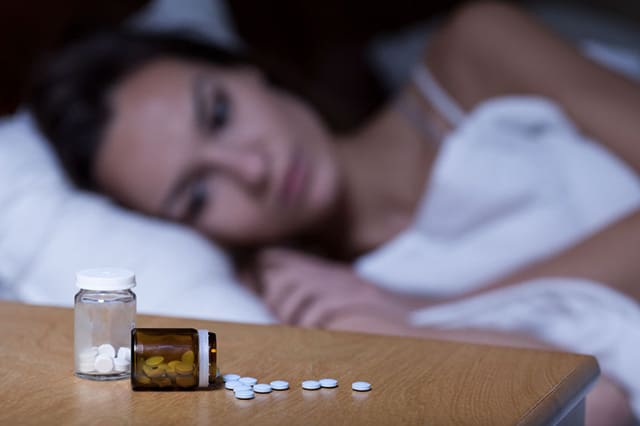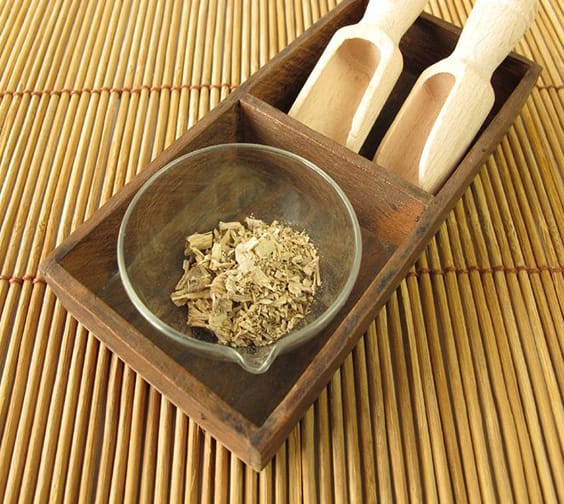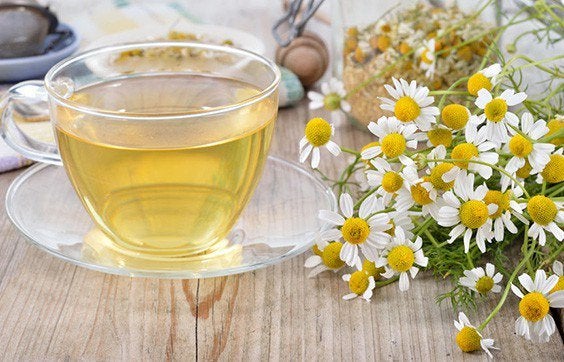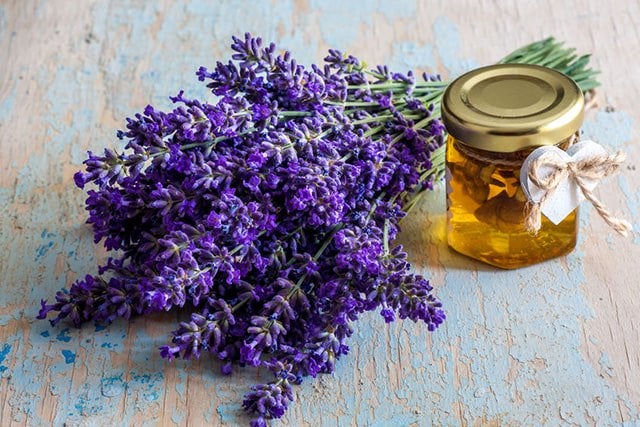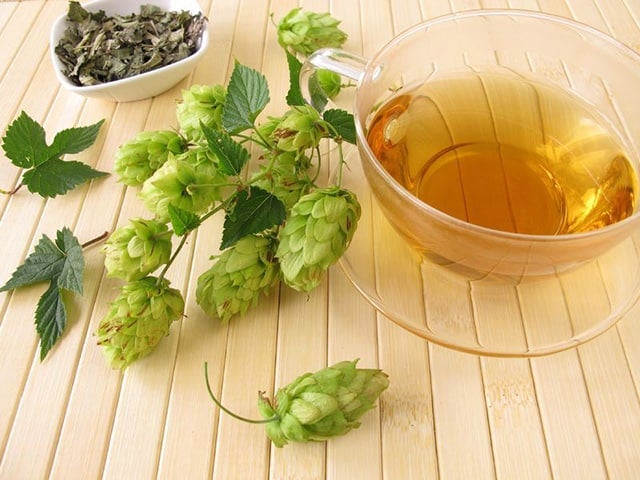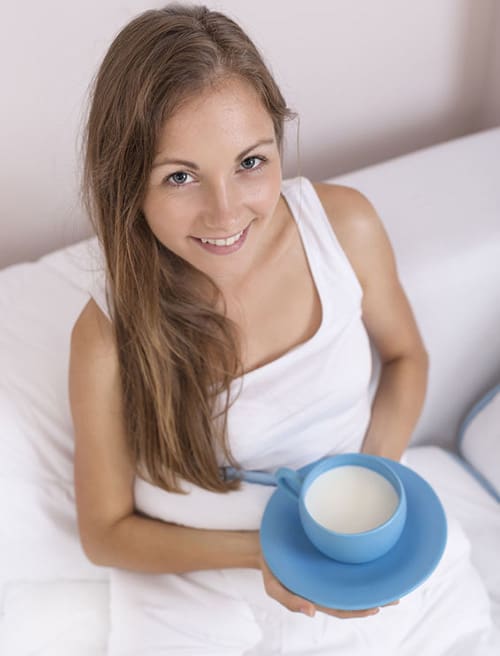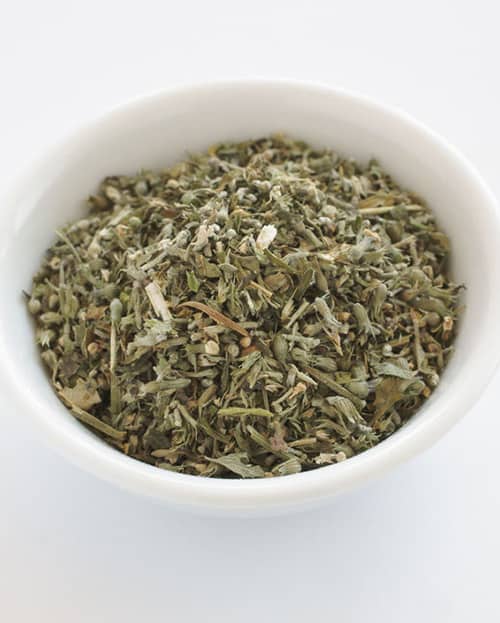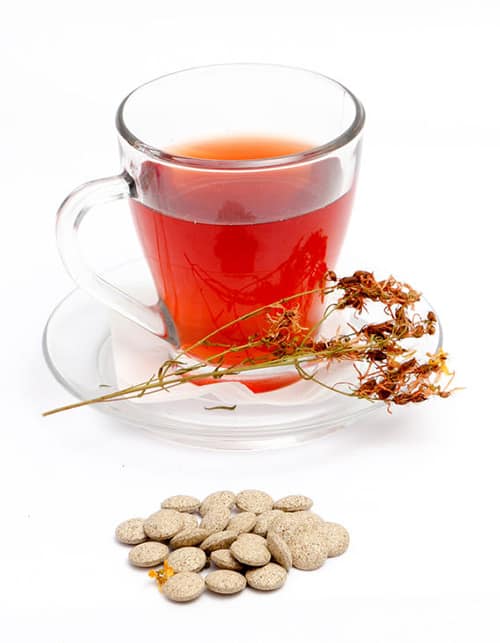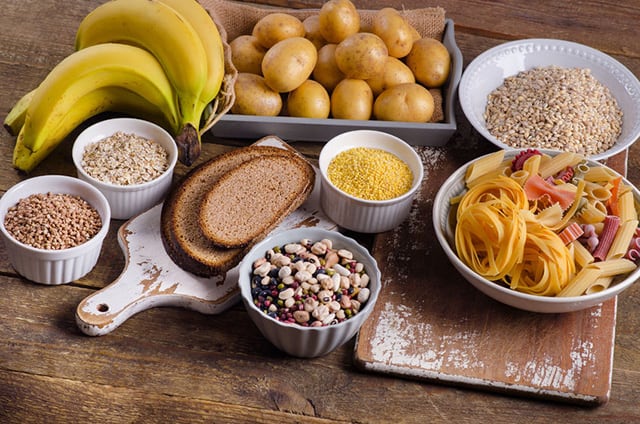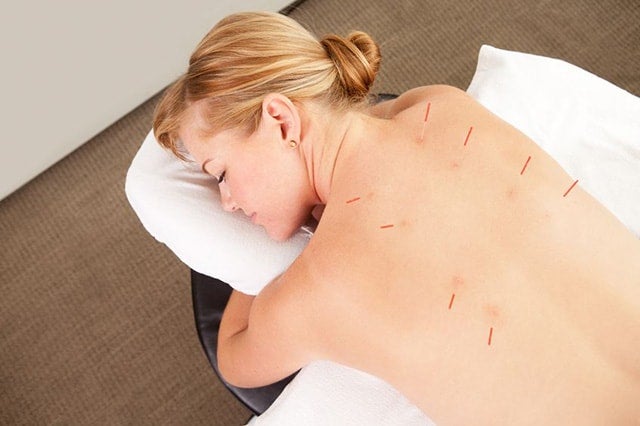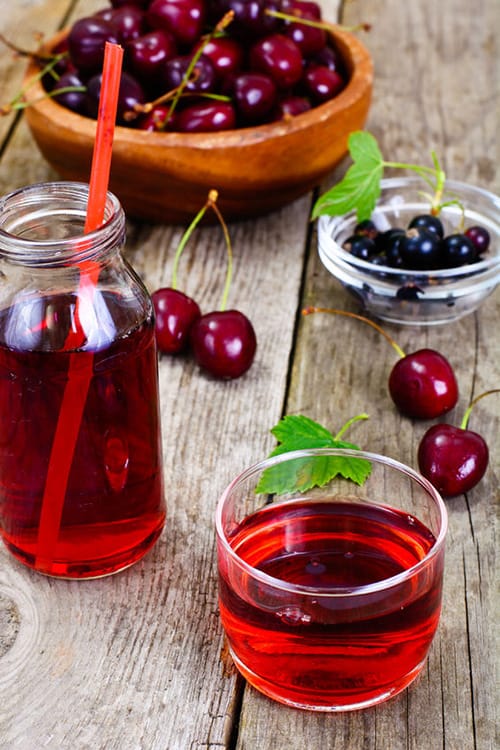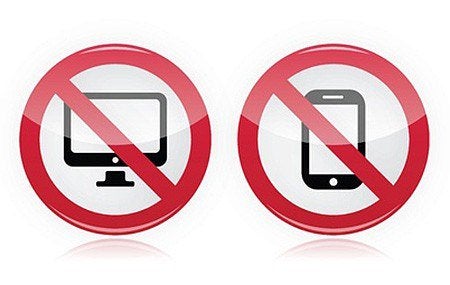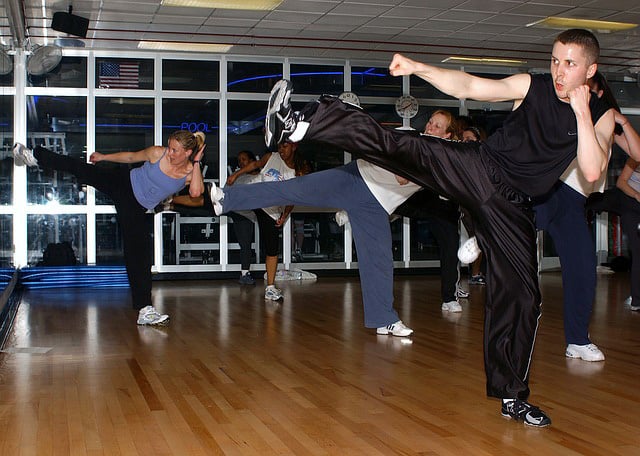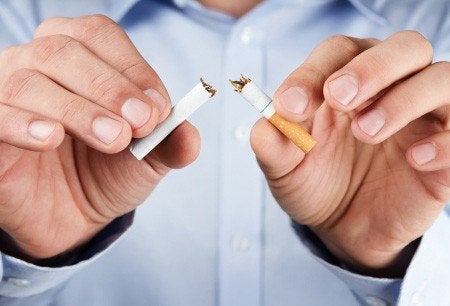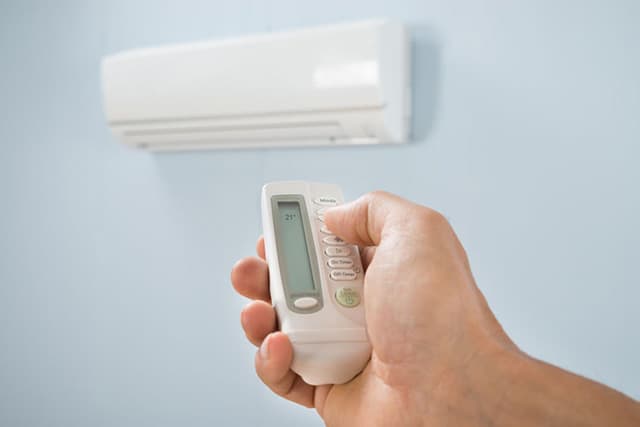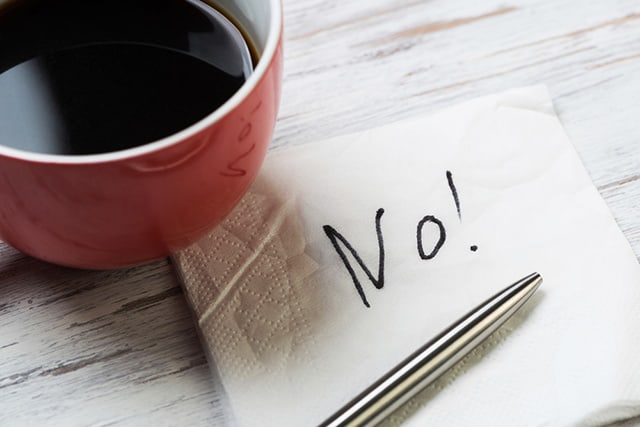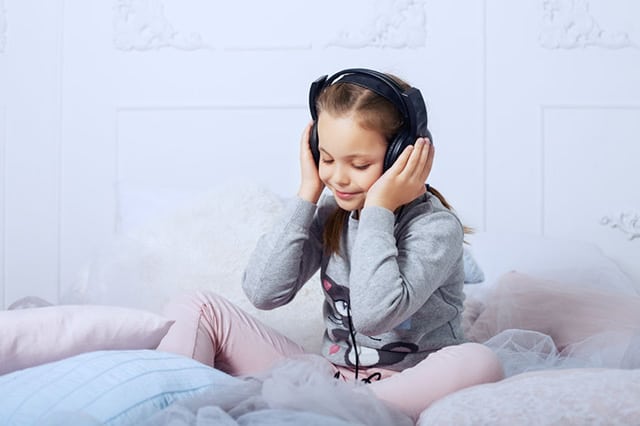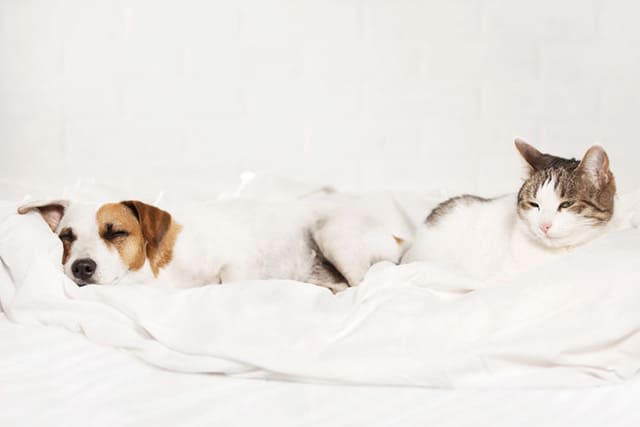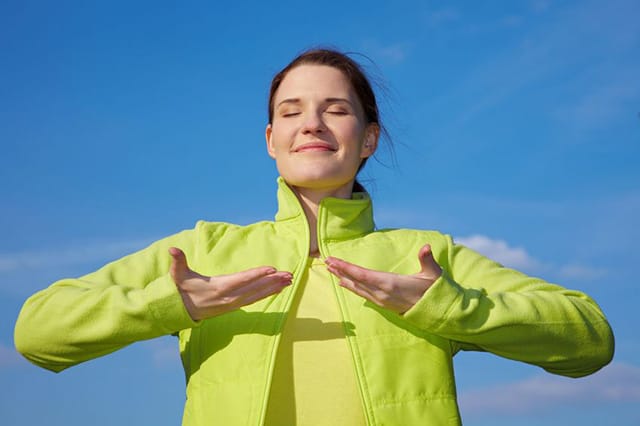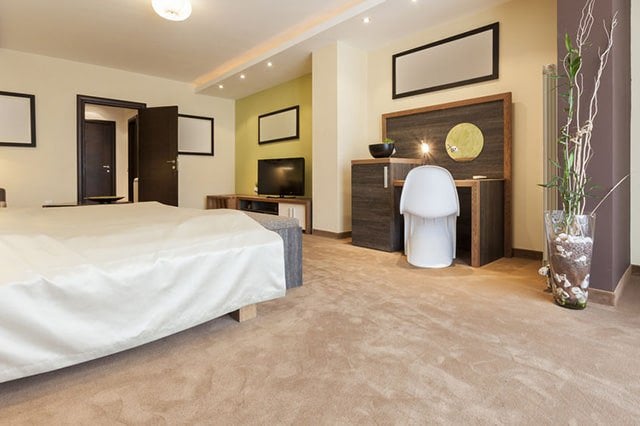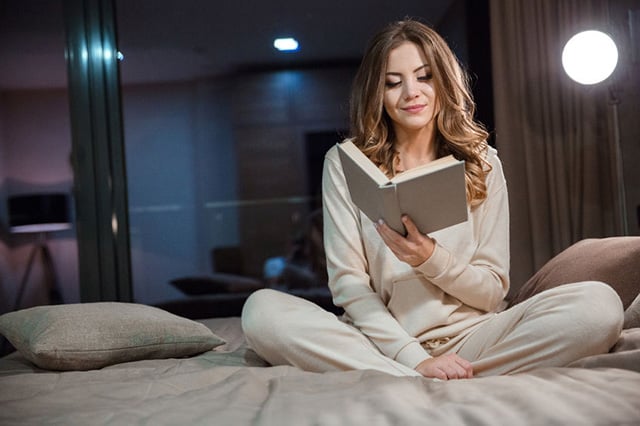I’m one of those people who can’t seem to sleep throughout the night without the use of a sleep aid. It’s estimated that 40 million people around the United States have some kind of chronic sleep disorder and an additional 20 million have an occasional sleep problem. I used to be the person who depended on sleep aids that weren’t natural because I didn’t realize that they were out there. Believe it or not, you may have a natural sleep aid in your garden, cabinets or around your yard that you don’t even have to pay for and you won’t suffer any long term effects like you would with certain medications. Check out some of these well known and not well known natural sleep remedies that can help you tonight.
Why Natural Is Better
Before I get into the natural sleep remedies, I want to tell you a little bit about how bad sleeping pills are for you. It’s tempting, I know, but pills aren’t necessarily the way to go. The thing with sleeping pills is that they can have side effects, which can be different depending on the specific medication, dosage, and how long it remains in your system.
Most sleeping pills have the following side effects:
- Grogginess
- Headaches
- Muscle aches
- Dry mouth
- Trouble concentrating
- Constipation
- Dizziness
- Rebound insomnia
- Unsteadiness
I’m not saying that you absolutely have to switch to natural remedies, but they are much better for your body than pills are. If you have to use them, they are much better when used in short doses rather than long-term. Using them long term can lead to addiction, drug intolerance, withdrawal symptoms if abruptly stopped, certain interactions, rebound insomnia and it can also mask another problem that is actually causing your insomnia.
Other effects that some sleeping pills have is the ability to roll into the next day. Over the counter medications such as Diphenhydramine or Doxylamine, often sedate you to the point of leading into the next day and giving you a hangover effect. If you use these often, they can also lead to headaches and forgetfulness.
You may want to read: Best Natural Sleep Aids
Natural Sleep Remedies
Okay, so here is what we have gathered in terms of natural sleep remedies. These have been researched thoroughly by many different specialties, backing them up as treatments for insomnia. Don’t be fooled by the “all natural” sleep supplements your find in your local drug store. They aren’t regulated by the FDA for safety, effectiveness, quality, or even truth in labeling.
You may want to read: Best Sleep Supplements
#1. Melatonin
Melatonin is one of the most widely used natural sleep aid. I used it for a long time and so did my son. Melatonin is a hormone that occurs naturally in our bodies. It increases at night, being triggered by darkness and essentially telling your brain that it’s time to sleep. It isn’t so much effective for treating certain sleep disorders, but it does help with sleep problems due to shift working and jet lag.
The dowside of Melatonin, however, is that it is often misunderstood. People tend to expect immediate affects and end up taking too much of it. The debate on whether you can overdose on Melatonin is hard to define because there isn’t any recommended safe dosage levels, and there’s no significant body of evidence to support claims about any immediate or significant dangers. Yet, taking too much can result in side effects like drowsiness and irritability.
Melatonin can have an interference with certain medications for blood pressure and diabetes. It’s better to stick to low doses to minimize drowsiness the next day. 1 to 3 milligrams is best for most people.
#2. Valerian
This all natural herb has been used since the second century A.D. It was used to treat insomnia and anxiety, supposedly by increasing the responsiveness of the GABA receptors in your brain, responsible for calming you down. It hasn’t been extensively studied, however, research promises that it is generally safe and non-habit forming.
You should take 300 to 600 milligrams of valerian root for sleep issues 30 minutes to two hours before bedtime. If using as a tea, soak 2 to 3 grams of dried valerian in 1 cup of hot water for 10 to 15 minutes.
#3. Kava
Kava is best used to treat stress-related insomnia. If you are somebody with a tough job or just a tough lifestyle all together, this is the best natural remedy you can take for it to help you sleep. It’s a root that is found on the South Pacific islands and has a calming effect on the body. It works similarly to Diazepam, but without the addictive side effects. It is also used to relieve restlessness, anxiety, sleeplessness, and stress-related symptoms.
Kava has the ability to cause liver damage, so it’s best to use only under the supervision of your health provider.
#4. 5HTP & Tryptophan
5HTP is a byproduct of tryptophan. It helps the brain and central nervous system to boost your mood. It increases the Serotonin in your body, which is the chemical that’s released when your body eats comfort foods like carbohydrates. Serotonin transmits signals between nerve cells and brain functions that affect sleep as well. Getting more of this through the tryptophan can help treat sleep disorders, fatigue and a variety of other disorders.
You can receive more tryptophan by eating foods such as spirulina, cod, salmon, poultry, sesame seeds, grass-fed beef or lamb, bananas, potatoes, beans, legumes, organic dairy products, cashews and walnuts.
#5. Chamomile
This is certainly something that you have probably heard of-chamomile. The best way to get chamomile in your system is to drink it as tea, You can do this by boiling some water, adding 2-3 tea bags, cover and brew for 10 minutes. It has gentle sedative properties that can make you sleepy if you’re having trouble.
Chamomile has been known to cause allergic reactions in those who have plant or pollen allergies.
#6. Lemon Balm
There have been several studies that show that lemon balm combined with other herbs such as chamomile, hops and valerian, can help reduce anxiety and promote better sleeping habits. A study done showed that 81% of people who took a combination of valerian and lemon balm, reported better sleep than those who took a placebo. You can take this herb as a tea, in capsule form, tincture or topical.
Combining multiple herbs can trigger side effects and interact with other herbs. Combine under the supervision of a health care physician.
#7. Passionflower
Passionflower has traditionally been used to treat wounds, liver issues, and earaches. More recently, researchers have found that it can also help manage anxiety and mild sleep issues. It helps by calming your mind and boosting the level of GABA’s in your brain. You can take passionflower as an herbal tea when boiled in water. You can also get it in liquid extracts, tablets, and capsules.
Passionflower is generally safe, but it can cause some side effects such as dizziness and confusion, according to the NCCIH
#8. Lavender
Research shows that the scent of lavender can ease insomnia and anxiety. A study done by the University of Southampton in Britain, tracked the sleep patterns of 10 adults. Over the course of a week, half of the participants slept in a room with a diffuser pumping out lavender essential oil. The other half was exposed to sweet almond oil-the placebo. Those who slept in the lavender infused room slept 20% better than those in the almond oil room. It works by increasing the slow-wave sleep, which is responsible for organizing memory.
When taken orally, lavender can cause headaches, constipation, and increased appetite. When applied to the skin, it may cause an irritation.
#9. Get More Magnesium
If you are having trouble sleeping, there’s a good chance that you may just have a magnesium deficiency or hypomagnesemia. If you lack the proper amounts of magnesium, it can cause very noticeable symptoms such as poor digestion, anxiety, muscle aches and sleep troubles. But why are you lacking it? Well, it can be from a number of things such as soil depletion that lowers the the magnesium amount present in crops. You could also have a digestive disorder that may lead to malabsorption of magnesium and other minerals in your gut.
Luckily, if this is your issue, there are many forms of magnesium supplements that you can take which include:
- Magnesium Citrate
- Magnesium Chelate
- Magnesium Chloride oil
- Magnesium Glycinate
- Magnesium Threonate
- Magnesium Orotate
Suggested amounts for adults ages 19-30 years old is 400 milligrams for men and 310 milligrams for women. Adults 31 years and older is 420 milligrams for men and 320 milligrams for women.
Risks of taking magnesium supplements can include diarrhea, nausea or cramping. This means that you may be taking too much and should lower your intake.
#10. Snuggle Up With Hops
No, I’m not talking about beer here. In this case, I’m referring to the vine that produces hops. This is a very good remedy for calming the nerves and helping you relax. It can also help treat anxiety, tension, ADHD, sleep disorders, improve appetite, start the flow of breast milk and so much more. Using hops off of the vine to make a strong tea and drinking it right before bed is the easiest way to go. You can also make a sleep sachet and put it under your pillow. You can combine with lavender as well for maximum effectiveness.
The use of hops is generally safe, but in some cases it can make depression worse, could cause too much sleepiness when combined with anesthesia after surgery and it can act like estrogen to those who have conditions making them sensitive to hormones.
#11. Warm Up Some Milk
The warm milk method has been used since way back in the day to help initiate sleepiness. While there isn’t a huge chemical reaction, there’s still the amino acid tryptophan. This is the same thing that can be found in turkey, which is why you may feel sleepy after a big turkey dinner. When it comes down to psychology, people tend to find that the warmth of the milk is soothing and relaxing, helping their body and minds unwind.
For a homestyle warm milk recipe, click here. Warm milk is not recommended for those who may suffer from lactose intolerance or any condition that is worsened by dairy products.
#12. Catnip Isn’t Just For Cats Anymore
You know how when you give a cat some catnip, they get frisky and kind of crazy? It has a completely different effect on humans because it has more of a sedative property to it. There’s a certain compound in catnip that has an effect on both cats and humans called nepetalactone. It makes cats go crazy, but humans will feel more relaxed and drowsy. You can use it in a tea version with a little bit of honey for flavor. Not only can it help treat insomnia, but it can also help with migraines, anxiety, the flu, swine flu, worms, hives, and GI viruses, just to name a few. Here’s a recipe if you don’t quite know how to use it.
Catnip is safe for humans when taken in small amounts. In certain individuals, it can cause menorrhagia, have an effect on pelvic inflammatory disease and should not be taken while pregnant because it can stimulate the uterus.
#13. Saint John’s Wort
It sounds gross, but I can assure you it will help you get some much needed rest. It works similarly to lemon balm and is used frequently to help with depression and disrupted sleep. The reason it makes you sleepy is because of the hypericinthat’s in it. This has an effect on the reuptake inhibition, which causes serotonin levels in the brain to rise. The more serotonin you have, the more melatonin is produced, which means better sleep. You can either take it in a capsule or as a strong tea.
Possible side effects of Saint John’s Wort include increased skin sensitivity to the sun, rash, full feeling in your stomach and constipation. You may also have an allergic reaction that could swell the lips, close the throat and cause difficulty breathing. Those with allergies to plants should take a careful approach to using this method.
#14. Carbs, Carbs And More Carbs!
This sounds really bad to those who are trying to avoid carbs, but it’s not bad for when you’re lacking in the sleep department. Tryptophan is responsible for making us sleepy and it needs to cross what’s called a blood-brain barrier. It’s the mechanism that filters the capillaries which carry the blood to our brain and spinal cord tissue.
The theory is that if you eat carbs, it makes it much easier for the tryptophan to cross this barrier. The release of insulin in response to the carbs entering your body sends other amino acids to your muscles, leaving a wide open passage for the tryptophan. All you need to do is eat a small amount of cereal or bread 15 minutes before bed to help get the process started.
#15. Eat Some Nanners
Bananas are where it’s at when it comes to needing a quick remedy for sleepiness. The reason for this is because bananas contain tryptophan, potassium and magnesium. All of these are muscle relaxants and we already know all about how magnesium has an effect on our bodies. So with both tryptophan and magnesium, it’s a double whammy for sleep. Here’s something that you may not know. The banana peel is actually choked full of potassium and magnesium, making it even more powerful than the banana itself.
You can make a delicious tea out of a banana, peel, and some cinnamon. Because cinnamon balances the blood sugar level, your hormones can function better for sleep. If your levels aren’t balanced, it can cause increased energy at night and sleepiness during the day. Here’s a recipe for a banana tea that you can drink 1 hour before bed.
#16. Essential Oils
Essential oils are used to cure just about anything you can think of. They are commonly used for aromatherapy. A study that was published in Complementary Therapies in Clinical Practice was performed on cancer patients. This group of individuals had serious issues when it came to getting sleep. Over the course of a 13-week period, aromasticks were given to these patients and a whopping 92% of them said they saw a difference in their sleep habits. They used a blend of bergamot oil, lavender oil, mandarin, frankincense and sandalwood-all known for having sleep inducing properties. Learn more about essential oils here.
#17. Acupuncture
Acupuncture is an ancient Chinese practice that has been linked to sleep improvement and it has also been shown to help with insomnia. Acupuncture works by inserting sterile needles into certain parts of the body to stimulate nerves and muscles. The treatment helps stimulate blood flow and can help ease pain. When it comes to sleep, it can help you feel more relaxed and not as anxious, which may encourage you to fall asleep easier and quicker. Not only that, but it helps manage sleep apnea because it can strengthen the tongue, preventing it from dropping back while you’re sleeping.
It is recommended that you rest for 15 minutes after each session to avoid lightheadedness, nausea, euphoria, muscle aches, slight bruising and dizziness. You may also experience localized bruising at the needle sight.
#18. Drink Tart Cherry Juice
This is one of the more tastier ways to drift off to sleep. The reason it helps you sleep is because it’s full of tryptophan. This converts to serotonin which turns into melatonin, which is what our bodies use to maintain our sleep and wake cycles. It does this by causing drowsiness and lowering our body temperatures. You should drink ½ cup to 1 cup of it before bed.
Non-Medicinal or Herbal Remedies
#19. Get A Good Sleep Routine
Your biological clock is what keeps your sleep routine in line. If you disrupt it in any way, this is going to cause some of your sleep issues. Going to bed at the same time each night can help to regulate your internal sleep and wake clock. This reduces the amount of tossing and turning that you do to fall asleep. So the key here is to make sure you’re going to bed at the same time. Turn off all electronics that may tell your brain that it’s still time to be awake at least an hour before bed.
#20. Do Some Aerobics
A study done at the Northwestern University’s Department of Neurobiology and Psychology showed that adults who were previously sedentary that exercise four times a week had their sleep quality improve from poor to good. Those who were couch potatoes that got up and exercised reported less symptoms of depression, more vitality, and less sleepiness during the day. The most effective way to do this is to wrap up your routine a few hours before bedtime so that you aren’t too pumped to sleep.
#21. No Smoking
A study was performed and found that those who smoke are four times more likely to not feel well rested after a full night’s sleep than those who don’t smoke. Researchers at Johns Hopkins say that it is because nicotine is a stimulant. Not only that, but smoking can worsen sleep apnea and other breathing disorders like asthma, making it difficult to sleep well. If you’re going to smoke, cut it off a few hours before bedtime to get a good night’s sleep.
#22. Keep Your Room At An Optimal Temperature
I can personally attest to this method. I sleep terribly when it’s too hot in my bedroom. Your room should be set up based on the conditions that you need to sleep the best. The temperature in your room should be cool and between 60-67 degrees. If you have trouble keeping your room that cold, opt for a cooling mattress to help regulate your body temperature while you’re sleeping.
Your bedroom should also be free of any light from any source and it should be quite, unless you’re like me and absolutely need the sound of a fan to fall asleep. If it’s difficult for your room to be dark due to outside lights, try some blackout curtains, eye masks, or anything else that could keep your room dark.
#23. Cut the Caffeine
Caffeine is a stimulant that can stay in your system for around 8 hours. If you have coffee, tea, cola, or a cappuccino after dinner time, your brain isn’t going to enter deep sleep or it could stop you from falling asleep altogether. The best thing to do is to cut out all caffeine after 2pm. This gives your body enough time to get rid of it and wind down. I know it may seem hard, but if you like coffee merely for the taste, go for decaf after 2pm.
#24. Listen To A Book
This is a good method for distracting your attention away from all the negatives and stress in your life. What you’ll want to do is load an audiobook on your ipod or whatever music device you can listen to at night. This isn’t meant to engage you, rather distract you until you fall asleep. You can also listen to music that relaxes you as well.
#25. Remove The Fur Babies
Pets are known for being bed hogs, believe me. Cats are active late at night and in the early morning and dogs can scratch, snore, and sniff, keeping you awake. More than half of the people who were surveyed say that their pets disturb their sleep, according to the Mayo Clinic Sleep Disorders Center. If they do this, it might be time to get them their own bed and kick them out of yours. However, if your pet is a good sleeper and you find it comforting to snuggle up next to it, let it stay put.
#26. Practice Deep Breathing
Deep breathing exercises can help to reduce your heart rate and blood pressure. This releases endorphins and can relax your body in preparation for sleep. How you’ll want to do it is inhale for 5 seconds, pause for 3, and exhale to the count of 5. You should start with 8 of these and gradually increase to 15. Not sure if you’re doing it right? Buy some bubbles and breathe in through your belly and blow out through the wand. The successfully blown bubble using that breath should be what you strive for.
#27. Use Feng Shui
Feng Shui is essentially the art of rearranging and decorating your bedroom in a way that is visually and mentally appealing to you. There are several ways you can do this to help improve your sleep. You should always keep your bed easily accessible from all sides, make the energy in your room fresh and keeping the air pure, position your bed so that you can see the door as to reduce anxiety, and keep the room clean and neat with a balanced look and feel to it. Don’t let clutter and trash stress you out because it can prevent you from resting well if you’re constantly thinking about it.
#28. Meditate
Meditation is a great way to clear your mind of clutter and useless garbage that you don’t need to be thinking about. Overthinking can keep you awake for hours, if not all night. A study on those who practiced transcendental meditation showed lower blood pressure, improved blood circulation, lower heart rate, less sweating, better feeling of well being, less stress, less anxiety, lower blood cortisol levels and a deeper relaxation.
Sit down or lie in a comfortable position. Close your eyes and make no effort to control your breathing, just breathe naturally. You’ll then want to focus all of your attention of the breath and how your body moves with each inhale and exhale. If you find your mind wandering again, return all of your focus back to your breath. You should do this for 2 to 3 minutes to start and then progress to longer periods.
#29. Wind Down
Easier said than done, right? I feel ya. Winding down isn’t always the easiest thing, especially if you have a busy lifestyle or kids that are super rambunctious at night. Sleep isn’t a switch that you can flick on and off in an instant. It’s more like easing your food off of a gas pedal. You should give your body time to transition from actively moving to bedtime drowsiness by setting a timer an hour before bed and using the following technique:
For the first 20 minutes, prepare for the next day such as packing your bag, setting out your clothes or making your schedule. For the next 20 minutes, take care of your personal hygiene such as lotioning up, brushing your teeth, taking a hot shower or a bath. For the last 20 minutes, relax in your bed while reading a book or practicing your deep breathing exercises.
Conclusion
There you have it, 29 ways to get better sleep both naturally and non-medicinally. It might not seem like the easiest thing to do at first, but once you find something that really helps, you’ll be sleeping much easier and better. I understand how it feels to not be able to sleep and turning to whatever medication I could take for it. But after researching some natural ways to help fall asleep, I no longer need the over-the-counter pills. I hope this list helps you out and if you know anybody else who may get some use of this, please feel free to share.
